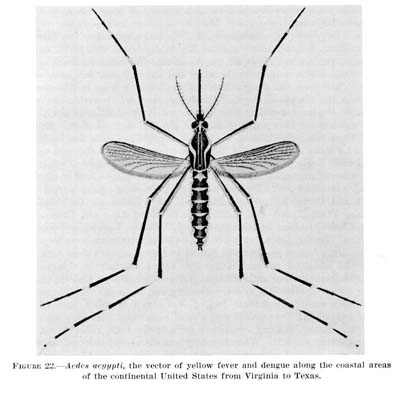
Watermelon grows in summer season and in early fall. It is a seasonal fruit which hydrates our body during summer season.
Some people are susceptible to watermelon allergy, though the incidence is less, compared to other food allergies.
It is seen that persons who have ragweed pollen allergy also have watermelon allergy. this phenomenon is called oral allergy syndrome.
Profilin, maleate dehydrogenase and phosphate isomerase are the three allergens responsible for watermelon allergy.
Watermelon allergy is caused when your immune system believes that these three elements are harmful to your body, which for other people are not so. It reacts to protect your body by producing antibodies. they cause cascades of unwanted allergic symptoms.
Symptoms of watermelon allergy: they are mild in many cases, rarely they turn serious.
Diagnoses can be confirmed by skin prick test and blood test.
Prevention of watermelon allergy symptoms
- Avoid eating watermelon if you are known case of watermelon allergy.
- Antihistamines are preferred by medical practitioners to treat watermelon allergy.
- Avoid eating cucumber, muskmelon, bananas, celery, tomatoes, kiwi, as they also carry the traces of ragweed pollen in summer and early fall.
- As there is no specific cure for allergy, your doctor may give you medications to treat symptomatically.
- To increase your immune response, eat food rich in vitamin C.